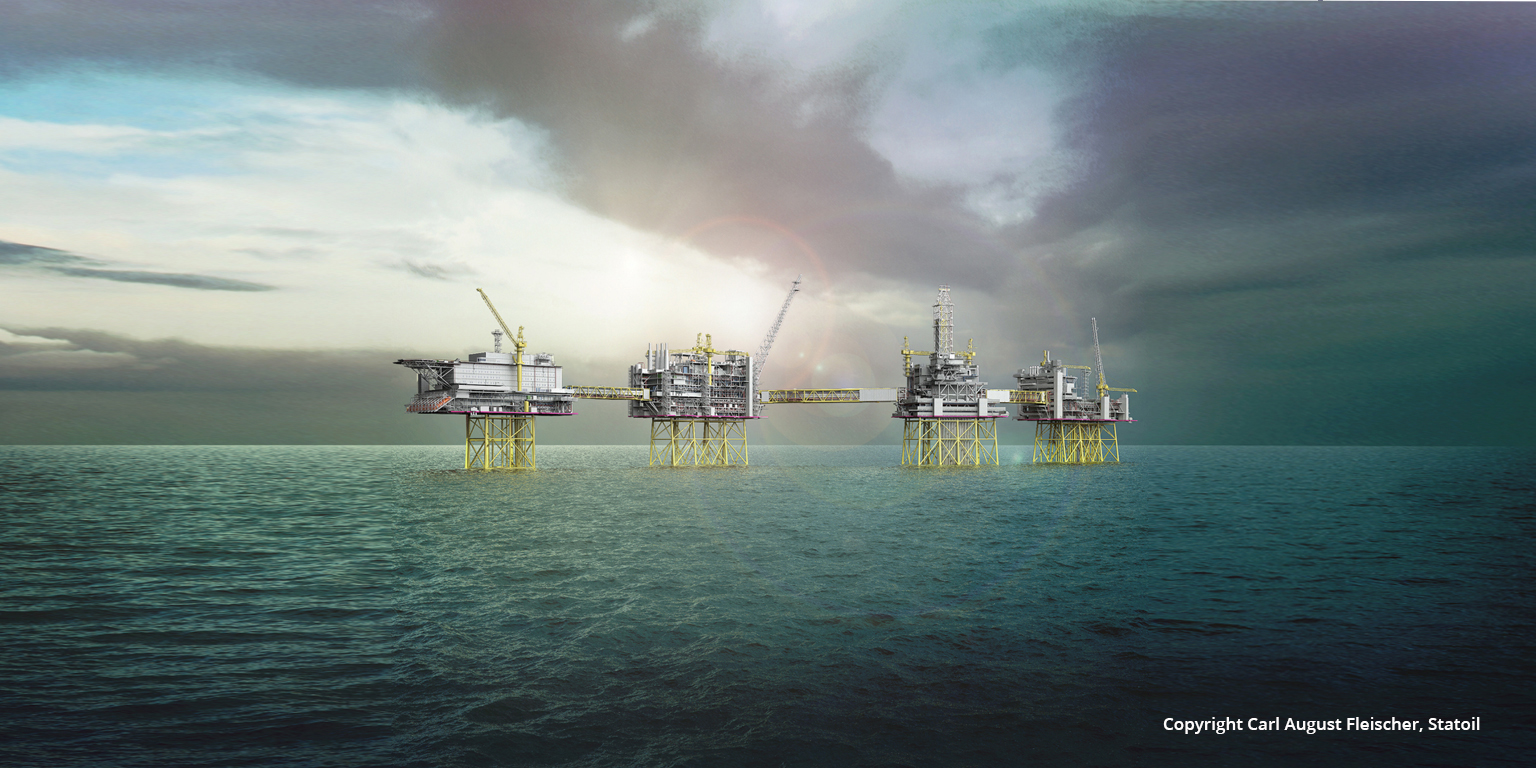Poor Production Forecasts - Here's Why and What You can do About it

Force and the Integrated Reservoir Modelling Group invites you to a lunch and learn seminar on Poor Production Forecasts - Here's why and what you can do about it.

Number of attendees: 82
Reidar B Bratvold, UiS and NTNU
It is a well-known fact that many projects on the Norwegian Continental Shelf (NCS) have experienced significant cost overruns and schedule delays. Similar cost and schedule deviations have been documented in many other industries, leading Prof Flyvbjerg of Oxford University to propose an “iron law of megaprojects”: “Over budget, over time, over and over again.” Not surprisingly, such overruns are eroding the economic value of the investments.
While time- and cost slippages are well documented, production forecasts have yet to be the focus of a major study. As opposed to cost, data on production estimates for oil & gas development projects are not publicly available. Without access to such estimates, the quality of the forecasts cannot be evaluated.
In this work, we evaluate whether development projects on the NCS have met their production forecasts. Drawing from the Norwegian Petroleum Directorates (NPD) database, production forecasts, given at time of project sanction (DG3) for 56 fields in the 1995 – 2017 period, have been compared to actual production. NPD’s guidelines specify that oil and gas production estimates should be provided as P10 – Mean – P90 numbers. The purpose of our study is to investigate whether the industry is better at forecasting production than they are at forecasting time and cost, as well as to assess any economic consequence of poor forecasts.
To do so, we address the following questions:
- Has the oil & gas industry in Norway delivered on its production forecasts?
- Has the increased use of uncertainty modeling and quantification improved the industry’s ability to forecast production?
- To what extent has poor production forecasts resulted in economic value erosion?
- What can be done to improve production forecasts?
You can join the meeting from Oslo, see detail under:
OSLO
Spirit Energy
Adress: Lilleakerveien 8
Contact: Trine Petterson, to save a seat
Capasity: 25
Arrival: 11:15
Lunch will be served
FORCE seminars have previously been fully booked with waiting lists so you are encouraged to sign up as soon as you know you will attend.
Participation fees:
FORCE members: Free
Non-members: NOK 1000,-
University/student: Free
Please find registration box at the top right of the page.
Important information:
You can register as a FORCE member and pay "FORCE member" price if you are an employee of a member company.
All FORCE member companies are listed here.
Payment is made online by credit card. Please note that no refunds will be given after you have signed up. If you for any reason can not attend the workshop, you are welcome to send a representative, just inform Linn Smerud as soon as there are changes.
Updated: 06/01/2020
